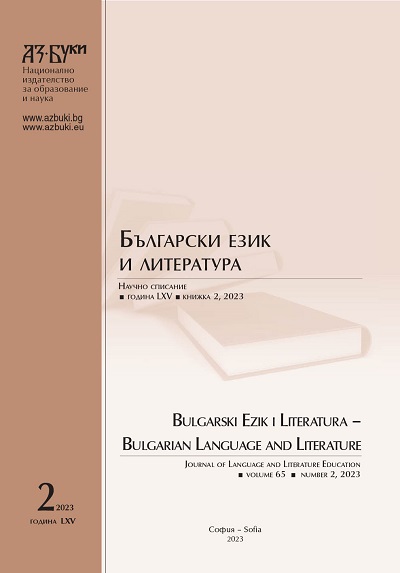On the Properties of N-Words and the Licensing of Negative Concord in Bulgarian Yes-No Questions
On the Properties of N-Words and the Licensing of Negative Concord in Bulgarian Yes-No Questions
Author(s): Margarita DimitrovaSubject(s): Language and Literature Studies, Foreign languages learning, South Slavic Languages, Philology
Published by: Национално издателство за образование и наука „Аз-буки“
Keywords: n-words; negation; yes-no questions; sets of alternatives
Summary/Abstract: Negative yes-no questions have been widely discussed with respect to the properties of the negation marker which does not contribute to the negative meaning of the structure but rather to the expression of positive bias (Ladd 1981, Holmberg 2016). Interestingly, it has been noticed that Bulgarian and other Slavic and Balkan languages display some restrictions on the co-occurrence of negation and n-words in yes-no questions. In Bulgarian the licensing of n-words is therefore confined to the cases in which n-words attach to the interrogative particle li, the licens or of yes-no questions. Comparing this behaviour of n-words and other elements, like wh-words and focus phrases, we suggests that it is triggered by the property of denoting the sets of alternatives present in the discourse (Giannakidou 2006). Due to this property, n-words obligatorily take part of the questioned portion of the structure and adjoin to the particle li in yes-no questions.
Journal: Български език и литература
- Issue Year: 65/2023
- Issue No: 2
- Page Range: 146-159
- Page Count: 14
- Language: English
- Content File-PDF

